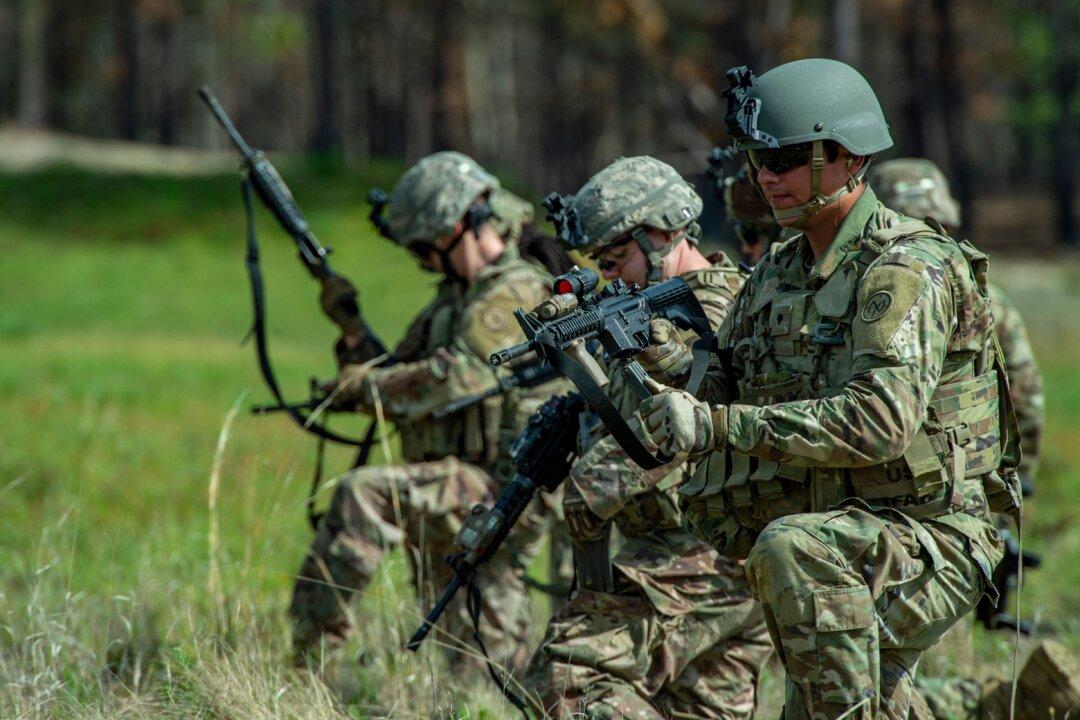The United States military is declining despite it facing more dangers than ever before, according to a recent report from the Heritage Foundation.
“As currently postured, the U.S. military is at growing risk of not being able to meet the demands of defending America’s vital national interests. It is rated as weak relative to the force needed to defend national interests on a global stage against actual challenges in the world as it is rather than as we wish it were,” said The Heritage Foundation in its executive summary of 2023 Index of U.S. Military Strength published on Oct. 18.






